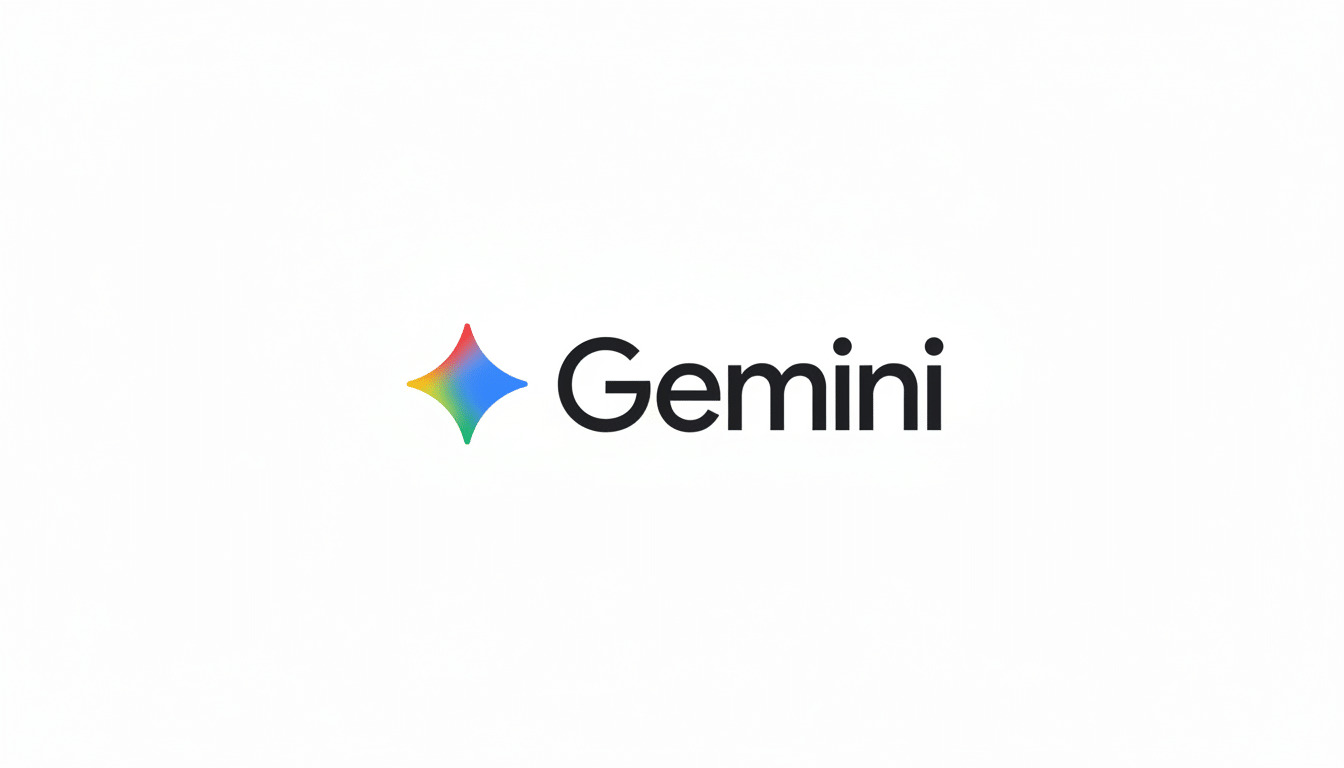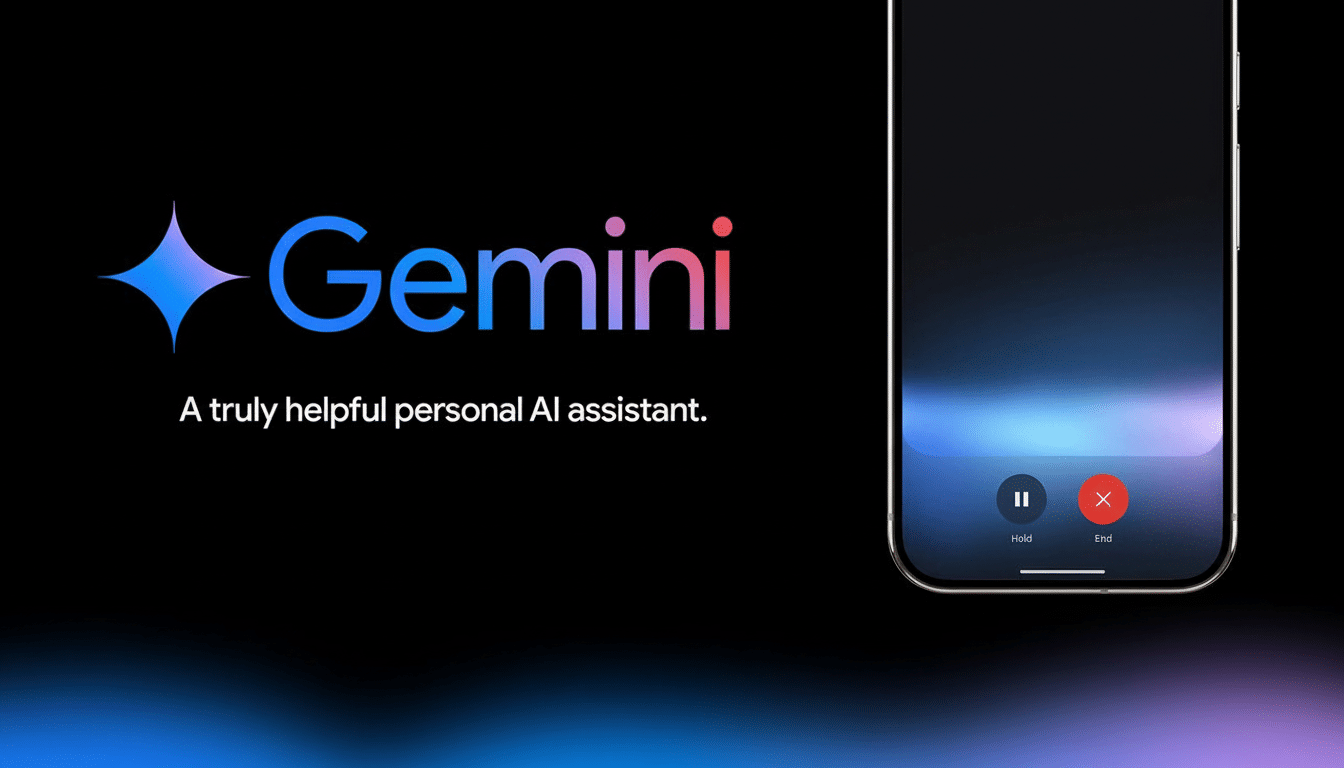Apple is reportedly considering a significant overhaul of Siri, one the could plumb Google’s Gemini model to help it better recognize and understand language and power AI-infused responses and web searches, according to a report from Bloomberg’s Mark Gurman. The two companies have agreed to a formal testing process, suggesting Apple might start fusing its proprietary on-device intelligence with a cloud-based model, in order to bridge the gap with newer AI assistants.
The move would also represent a pragmatic turn for Apple. After holding back a more sweeping Siri refresh for a future software cycle, the company has been weighing whether its own models alone can provide this kind of open-ended reasoning and current web knowledge that people have come to expect from applications like ChatGPT, Perplexity and Gemini out of the box.

Why Apple Would Turn to Gemini
Apple is a beast at on-device AI – lightning fast speech recognition, image understanding, personal context knowledge – due to silicon that boasts a Neural Engine capable of tens of trillions operations per second. But generative search and long-context reasoning generally favor being cloud models that are huge, common web-trained and often live-web-updating.
That bill fits Google’s Gemini, a multimodal model used across the company’s own products. It can generate text, images and video and has already driven consumer search experiences. For Apple, combined with that kind of knowledge and iOS’s personal context, Siri could think about your appointments, your text messages, your location and information from updated, authoritative web sources.
There’s a business logic too. Google already pays Apple an estimated $18-$20 billion every year to stay the default search engine on Safari, U.S. Department of Justice filings indicate. A tighter AI tie-up might take that profitable relationship from search results to direct, conversational answers — keeping users on Apple’s native surfaces while relying on Google’s web-scale model.
What Could Be New at Siri
The plan being discussed is based on an AI-based web search engine in Siri that is in a richer, multimodal interface. Look for answers that include text, images, short videos and local points of interest in the “answers” section of the audio guide, as well as summaries on the one-minute stops for quick understanding.
And since Apple owns the entire device stack, Siri could also blend private, on-device signals – calendar events, emails, messages, photos metadata – to make the answers actionable. Example: “Find the best ramen near the venue on my ticket and text the directions to Alex” or “Summarize the PDF in my Downloads and draft a two-paragraph brief.”

It could as well be a feature with Safari and/or Spotlight at its core. Spotlight, which already responds to very basic knowledge questions without sending you to an old-fashioned web search, could become a genuine AI answer engine. That would enable iPhone users to skip over numerous taps and results pages, just as standalone AI browsers and chat-based engines do today.
Privacy and Antitrust Questions
Any AI collaboration with Apple and Google will immediately come under privacy scrutiny. Apple has long talked about on-device processing and a privacy-respecting cloud architecture it dubs Private Cloud Compute. One plausible design is hybrid where personal data are kept local and used for local context and control with a cloud model (e.g., Gemini) used for open-domain reasoning and web lookup with encrypted, limited protocol for data exchange.
Regulators will also take notice. Google holds about 95% of the global mobile search market share, StatCounter says. Apple could, if it wanted to, front-end Google’s AI answers within Siri, Safari, and Spotlight, enabling the two companies to even more deeply consolidate their control of mobile search, an area where the tech giants are already facing antitrust scrutiny. Publishers, in the meantime, fear that A.I. summaries will siphon traffic; how sources are credited and how frequently users click through will be closely monitored.
What It Means for Users and Developers
For users, the upside is obvious: a smarter Siri that grasps context, reasons across apps, and offers reliable, current answers without juggling browsers and chatbots. It’s going to be a latency test — Apple is going to have to keep responses fast, particularly when blending on-device processing with calls to the cloud.
For developers, enhanced Siri features may turn App Intents into full-fledged extensions and libraries that can be embedded in apps to use natural language as deep links and direct actions within third-party applications. If Apple opens retrieval or summarization hooks, app makers could provide “AI shortcuts” that piggyback the system assistant rather than constructing their own inference pipelines.
The strategic takeaway: Apple seems to be poised to hedge — to partner for web-scale reasoning while persevering in advancing their own models and silicon for private, on-device intelligence. And with there being more than two billion active Apple devices, as the company has said in investor disclosures, whatever stack powers Siri next will determine how a vast, global audience of people discovers information and gets things done on their phones.

